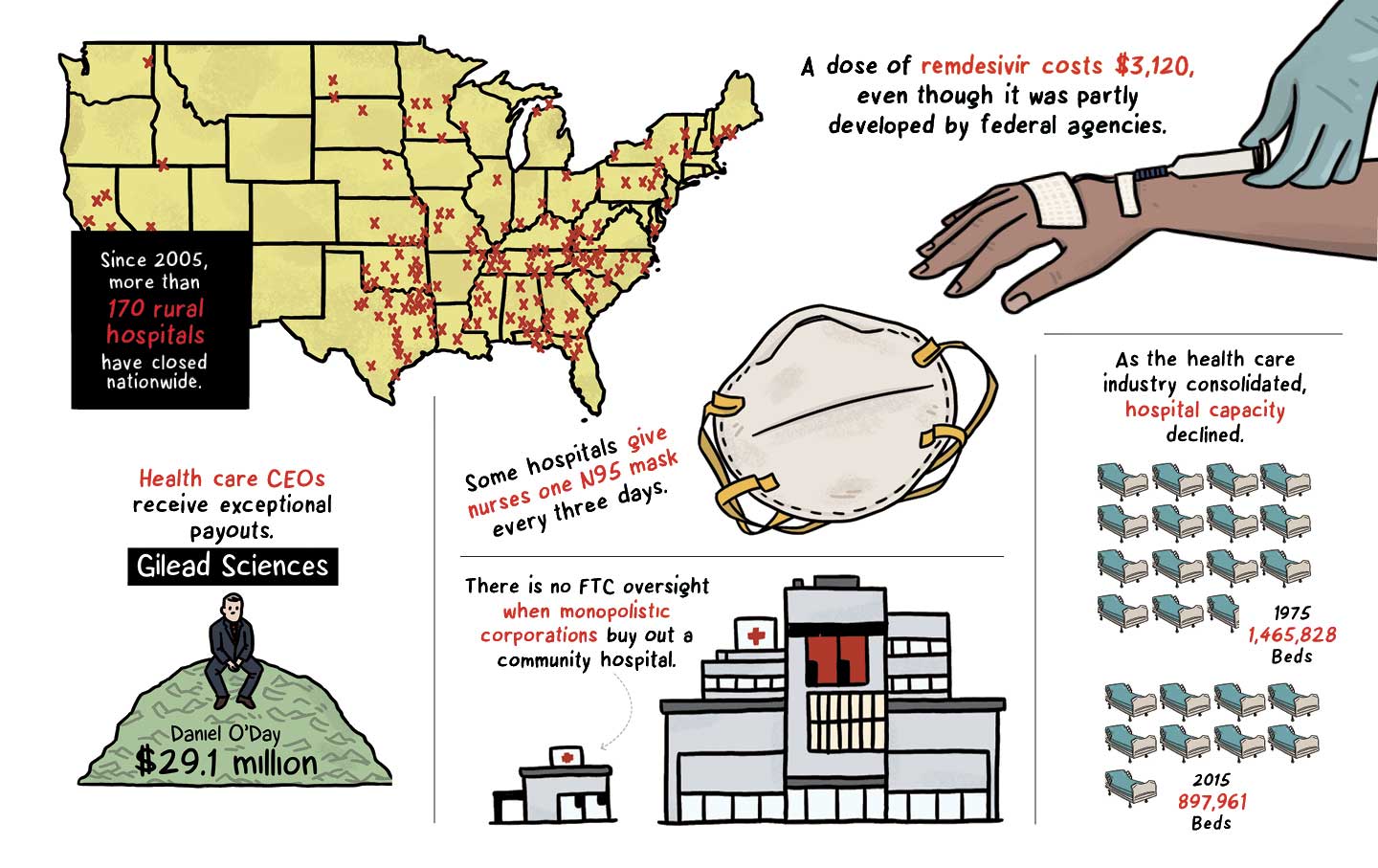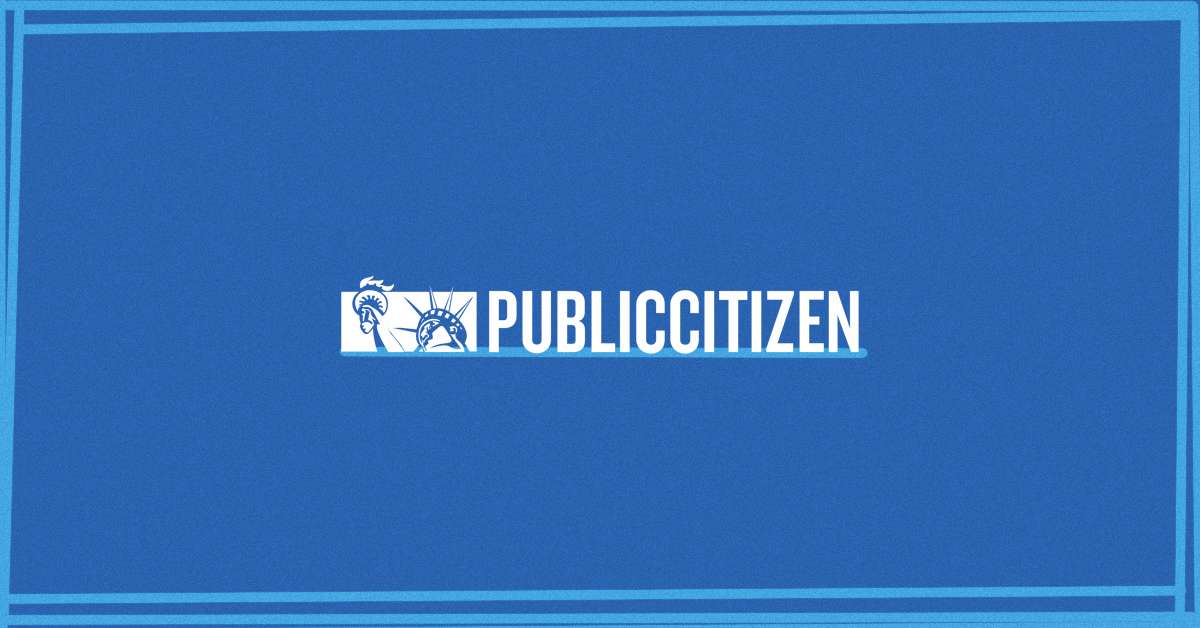Single-Payer National Health Insurance
Single-payer national health insurance is a nonprofit system in which a single public or quasi-public agency organizes health financing, but delivery of care remains largely in private hands.
Currently, the U.S. health care system is outrageously expensive, yet inadequate. Despite health expenditures of
$10,348 per person in 2016, more than twice that of other industrialized nations, the United States
performs poorly in comparison on major health indicators such as life expectancy, infant mortality, and chronic disease.
Moreover, those same industrialized nations provide comprehensive coverage to their entire populations, while the U.S. leaves
28 million people completely uninsured and another
41 million underinsured, i.e. inadequately protected in the event of illness of medical need.
The reason we spend more and get less than the rest of the world is because of our heavy reliance on a highly inefficient, dysfunctional patchwork of private and largely for-profit payers.
Private insurers waste our health care dollars on things that have nothing to do with care: bloated overhead costs, including underwriting, tracking, billing, and sales and marketing campaigns, as well as exorbitant executive pay and an overweening imperative to deliver maximum returns to private shareholders.
In addition to this above, doctors and hospitals have to maintain costly administrative staffs to deal with the complex bureaucracy stemming from this patchwork of multiple payers.
As a result, administrative costs consume about one-third (31 percent) of Americans’ health dollars, most of which is waste.
Single-payer financing, i.e. the elimination of the private-insurer middlemen and their replacement by a single, streamlined, nonprofit agency that pays all medical bills, is the only way to recapture this wasted money. The potential savings on paperwork, more than $500 billion per year, is enough to provide comprehensive coverage to everyone in the country without increasing overall U.S. health spending.
Under a single-payer system, all residents of the United States would be covered for all medically necessary services, including doctor, hospital, preventive, long-term care, mental health, reproductive health care, dental, vision, prescription drugs, and medical supply costs. Patients would no longer face financial barriers to care such as copays and deductibles, and would regain free choice of doctor and hospital. Doctors would regain autonomy over patient care.
Physicians would either be paid on a fee-for-service basis according to a negotiated formulary or receive a salary from a hospital or nonprofit HMO/group practice. Hospitals would receive a lump-sum annual budget for operating expenses. Health facilities and expensive equipment purchases would be managed by regional health planning boards. The new system would also have the bargaining clout to negotiate lower costs for pharmaceutical drugs, medical equipment, and other supplies.
The system would be affordable. It would retain current levels of public funding, which now account for about two-thirds of U.S. health spending. Modest new taxes, based on ability to pay, would replace premiums and out-of-pocket payments currently paid by individuals and businesses. The vast majority of households would pay less for care than they do now. Costs would be controlled through negotiated fees, global budgeting and bulk purchasing.
Other nations have demonstrated that single-payer health systems work, and work well.
As William Hsiao, Ph.D., professor of economics at the Harvard School of Public Health and the designer of Taiwan’s successful single-payer system,
observed in a 2009 New York Times interview: “You can have universal coverage and good quality health care while still managing to control costs. But you have to have a single-payer system to do it.”



